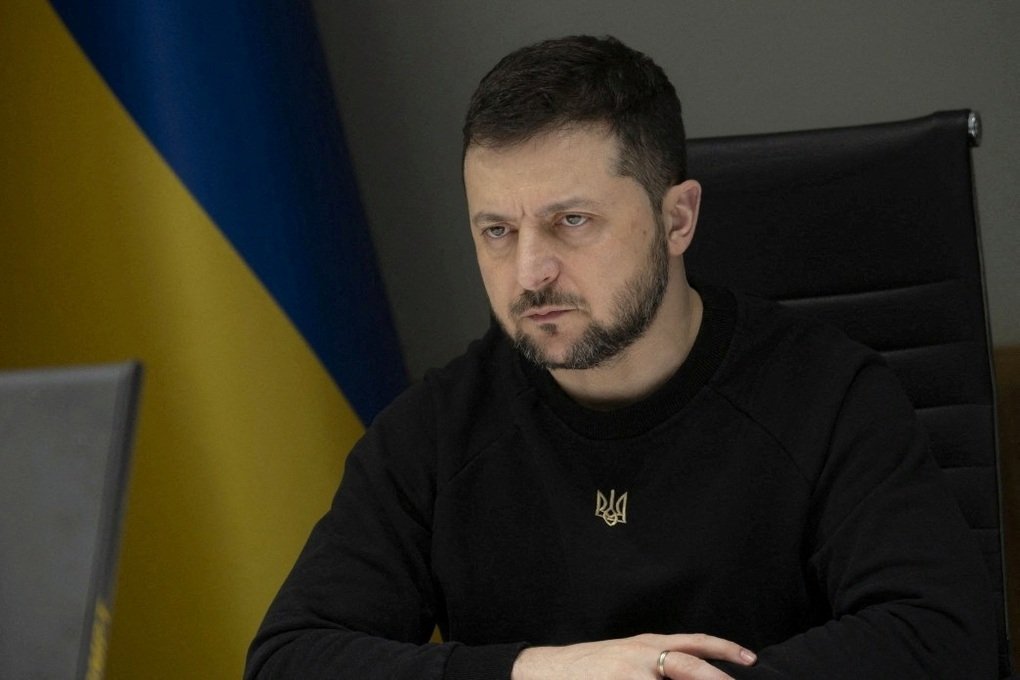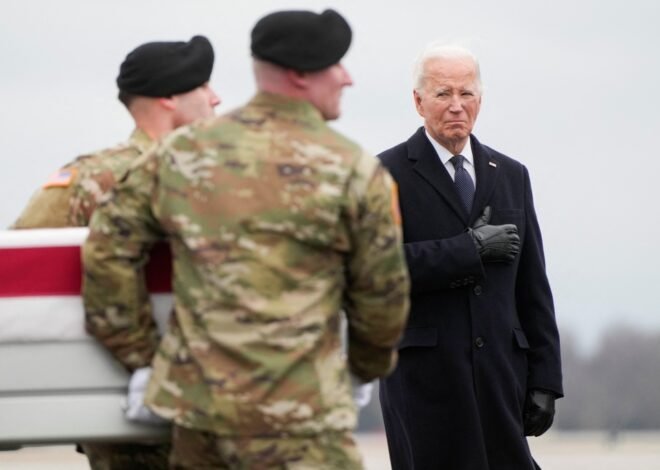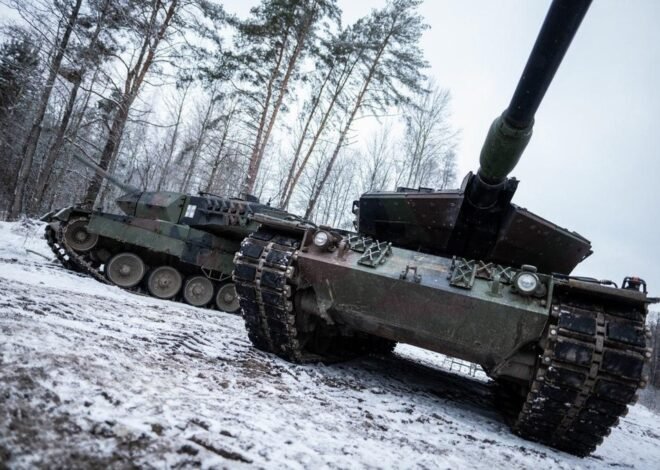
Mr. Zelensky faces diplomatic challenges from Western allies
(Dan Tri) – Ukrainian President Volodymyr Zelensky is facing unprecedented diplomatic challenges from Western allies since the war with Russia broke out, according to experts.
President of Ukraine Volodymyr Zelensky (Photo: Reuters).
AFP commented that Ukrainian President Volodymyr Zelensky, who once received enthusiastic support from allies in the war with Russia, seems to be facing more setbacks in diplomatic activities than at any time since.
On September 21, Mr. Zelensky visited the US Congress for the second time since the war with Russia to send a message calling on Washington to continue providing aid to Ukraine.
This time, however, the political context has changed.
This time, the Republicans regained the House of Representatives and House Speaker Kevin McCarthy refused to let Mr. Zelensky speak before the legislature as he did last December.
Some Republicans, including Mr. McCarthy, are expressing skepticism about the transparency and effectiveness of the more than $100 billion in aid that the US has transferred and pledged to transfer to Ukraine.
Over the past year, `different groups in American politics have argued for reducing or even stopping support,` said Mick Ryan, a retired Australian army general.
Mr. McCarthy asked questions such as: `Where is the accountability for the money we (the United States) have spent (in Ukraine)?`
Mr. Ivan Klyszcz, at the Estonian International Center for Defense Studies (ICDS), said that even with Mr. Zelensky’s best efforts, he seemed to be only able to contain the growing skepticism of the Republican Party, not
Therefore, the current trend of Ukraine becoming `increasingly dependent on Europe` will continue, the expert told AFP.
In recent times, Ukraine has conducted a summer counteroffensive, but has not achieved truly significant achievements because they have to face better defense capabilities than expected from Russia.
`It is very likely that Russia will take the time to dig deeper, build new fortifications and prepare for spring,` said Estonian military intelligence director Margo Grosberg.
Even optimists no longer believe that the war can end soon.
`It is clear to even the most ardent supporters of Ukraine that this is a war that will likely continue into 2024 and possibly 2025,` Ryan said.
Therefore, some voices from the West seem to have begun to suggest to Ukraine a negotiating option with Russia.
Late last month, Stian Jenssen, director of the NATO secretary general’s office, suggested that Ukraine could be granted NATO membership in exchange for ceding some territory to Russia.
However, this reflects the fact that the West may begin to question Ukraine’s progress in a war of attrition that could last for many more months, or even years.
Tensions with close allies
In addition to receiving skepticism from Western allies, Ukraine continues to face another challenge this week, from the country that has been the most enthusiastic supporter of Kiev for nearly 19 months, Poland.
Poland announced it would temporarily stop arming Ukraine and instead focus on its own defense, amid tensions between the two sides over Kiev’s grain issue.
Poland is one of the Western countries that has provided significant support to Ukraine since Russia launched a special military operation in the country.
According to Polish officials, they have provided more than 3 billion euros in military aid to Kiev over the past year.
Relations between Poland and Ukraine have become tense recently due to the grain issue.
The European Commission on September 15 announced it would not extend temporary restrictions on Ukraine’s grain exports to five neighboring countries, all members of the EU.
In response, Ukraine filed a lawsuit against these three countries with the World Trade Organization (WTO).
Explaining the decision to extend the ban, Polish Prime Minister Mateusz Morawiecki said the most important thing for the Polish government is the interests of farmers, the interests of the Polish agricultural sector.
He also warned that more products from Ukraine will be added to the list of goods banned from import in Poland if the Ukrainian side takes further steps to increase tensions.
Experts warn that any sign that solidarity between Ukraine and the West is weakening will benefit Russia.
However, some opinions believe that Poland’s decision is partly influenced by next month’s election, which may be a way for the Polish ruling party to attract support from voters who oppose the election.
According to experts, in the end, Poland seems to still maintain the goal of supporting Ukraine to prevent Ukraine from being at a disadvantage in the war with Russia.


